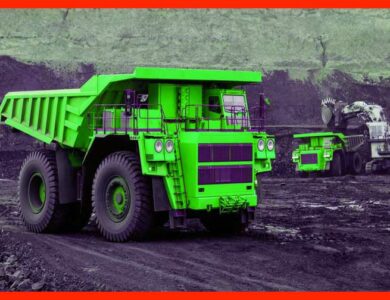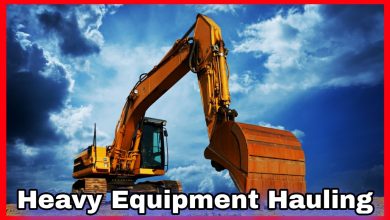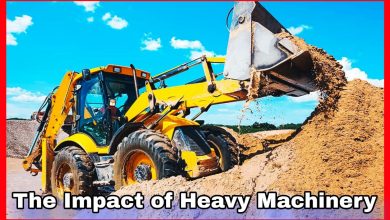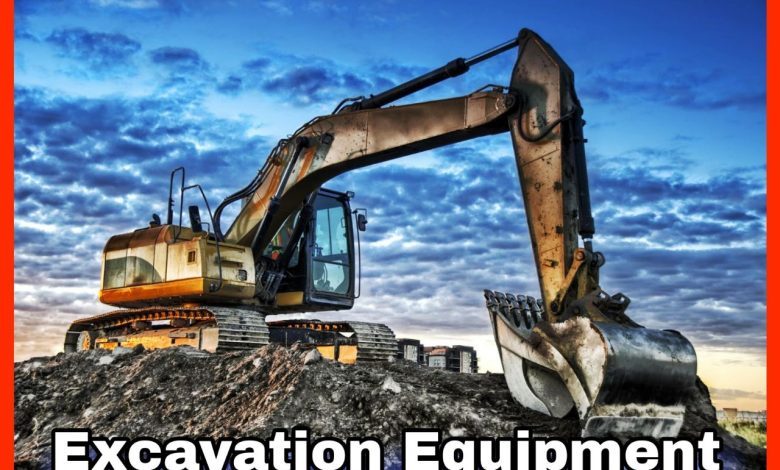
Excavation Equipment: Essential Tools for Construction Projects
When it comes to construction projects, having the right excavation equipment is crucial. Excavation equipment refers to the machinery and tools used for digging, moving earth, and performing various tasks related to excavation and site preparation. These powerful machines play a vital role in the construction industry, enabling efficient and precise excavation work. In this article, we will explore the different types of excavation equipment and their uses, highlighting their significance in construction projects.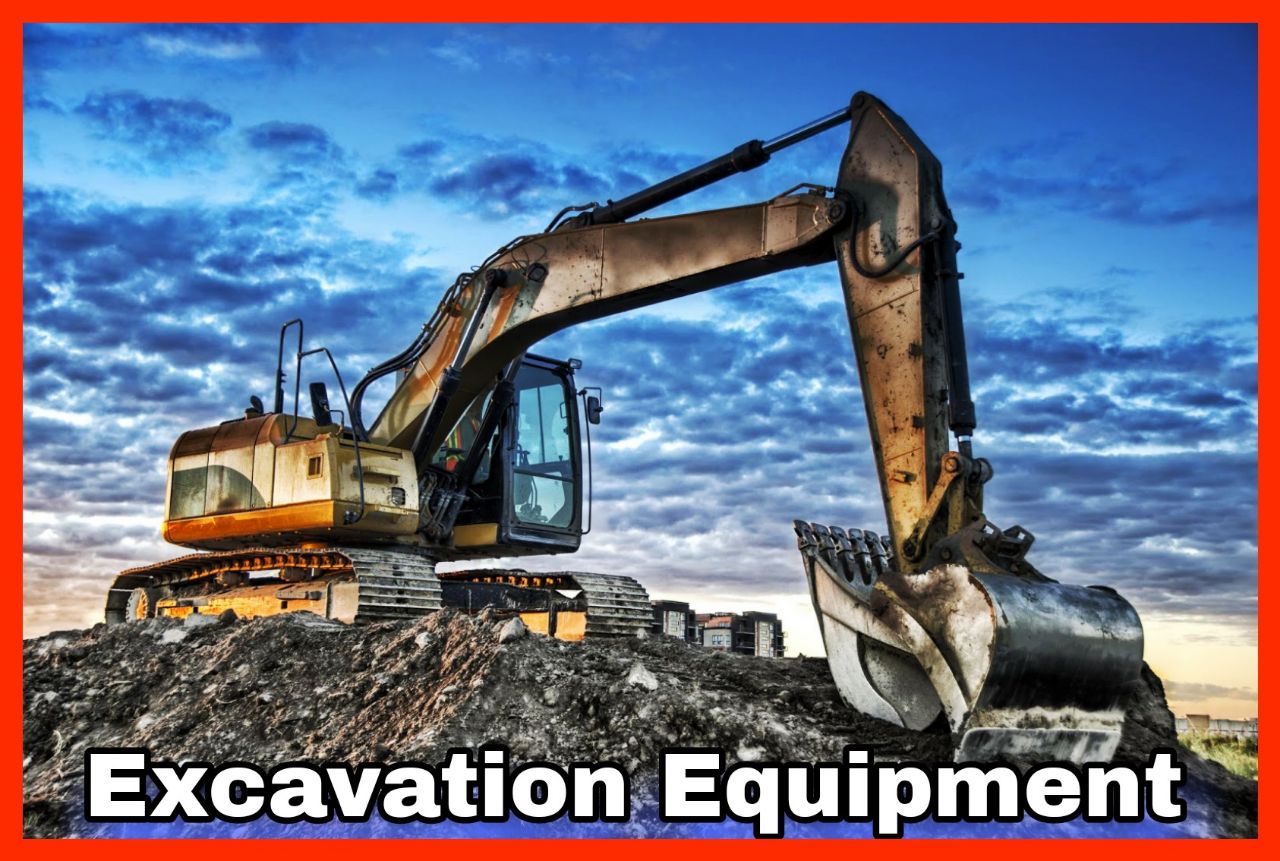
Understanding Excavation Equipment
Excavation equipment encompasses a wide range of machinery used for digging, trenching, grading, and moving earth and materials during construction projects. These machines are designed to provide efficiency, power, and versatility, allowing contractors and construction crews to accomplish excavation tasks with precision and speed. From small residential projects to large-scale infrastructure developments, excavation equipment is essential for preparing the site and creating a solid foundation for construction.Types of Excavation Equipment
1. Excavators
Excavators are versatile machines equipped with a bucket, a boom, and a cab mounted on a rotating platform. They are commonly used for digging trenches, foundations, and holes, as well as for material handling and demolition tasks. Excavators come in various sizes, ranging from mini excavators suitable for compact spaces to large hydraulic excavators used in heavy-duty construction projects.2. Backhoes
Backhoes combine the capabilities of a loader and an excavator in a single machine. They feature a digging bucket on the back and a loader bucket on the front, allowing them to perform both digging and material handling tasks. Backhoes are commonly used in utility work, landscaping, and small to medium-sized construction projects.3. Bulldozers
Bulldozers are powerful machines equipped with a wide blade at the front. They are primarily used for pushing large quantities of soil, debris, and other materials. Bulldozers are indispensable in site preparation, land clearing, and grading operations. These robust machines provide exceptional traction and maneuverability, making them ideal for rough terrains.4. Loaders
Loaders, also known as front-end loaders or wheel loaders, are used for loading materials such as soil, gravel, and construction debris onto trucks or conveyors. These machines feature a large bucket mounted on the front and are commonly used in various construction applications, including road building, site clearing, and material handling.5. Trenchers
Trenchers are specialized machines used for digging trenches, typically for laying pipes, cables, or drainage systems. They come in different configurations, including chain trenchers, wheel trenchers, and micro trenchers. Trenchers are designed to create narrow and precise trenches with minimal disruption to the surrounding area.6. Graders
Graders, also known as motor graders, are used for leveling and finishing surfaces during construction projects. These machines feature a long blade that can be adjusted to different angles and positions. Graders are commonly used for road construction, creating smooth and even surfaces, and ensuring proper drainage.7. Skid Steer Loaders
Skid steer loaders are compact machines with a small turning radius, making them ideal for working in tight spaces. They are versatile and can be equipped with various attachments, such as buckets, forks, and hydraulic breakers. Skid steer loaders are commonly used for landscaping, site maintenance, and material handling tasks.8. Cranes
Cranes are essential in construction projects, especially for lifting heavy objects and materials. They come in different types, including tower cranes, mobile cranes, and crawler cranes. Cranes play a crucial role in vertical construction, enabling the lifting and placement of heavy building materials, machinery, and structural components.9. Dump Trucks
Dump trucks are used for transporting loose materials, such as soil, gravel, sand, and debris. They have a hydraulic bed that can be tilted to unload the materials. Dump trucks come in various sizes, from small dump trucks used in residential construction to large off-road dump trucks used in mining and major infrastructure projects.10. Compactors
Compactors are used for compacting soil, gravel, asphalt, or other materials to create a solid and stable surface. They come in different types, including vibratory compactors, plate compactors, and smooth drum rollers. Compactors are essential for achieving proper compaction and density in road construction, foundations, and other applications.11. Drilling Rigs
Drilling rigs are specialized machines used for creating holes in the ground for various purposes, such as installing foundations, extracting natural resources, or conducting geological surveys. They can be mounted on trucks, trailers, or crawler tracks, and are equipped with drilling tools and equipment.12. Pile Drivers
Pile drivers are machines used for driving piles into the ground to create foundations or support structures. They use hydraulic or diesel hammers to pound the piles into the soil. Pile drivers are commonly used in bridge construction, building foundations, and marine construction projects.13. Concrete Mixers
Concrete mixers are used for mixing and preparing concrete on construction sites. They come in different sizes and configurations, including portable mixers, truck-mounted mixers, and stationary mixers. Concrete mixers ensure the proper blending of cement, aggregates, water, and additives, resulting in high-quality concrete for construction projects.14. Scrapers
Scrapers are machines designed for moving large volumes of soil, sand, or debris. They consist of a hopper and a blade, which can be raised or lowered to collect and transport materials. Scrapers are commonly used in earthmoving operations, road construction, and mining projects.15. Wheel Tractor-Scrapers
Wheel tractor-scrapers are versatile machines that combine the capabilities of a tractor and a scraper. They are used for earthmoving, leveling, and material transport. These machines feature a large hopper and a rear-mounted scraper blade. Wheel tractor-scrapers are efficient in bulk earthmoving projects, such as road construction and mining.Factors to Consider When Choosing Excavation Equipment
Selecting the right excavation equipment for a construction project requires careful consideration of several factors. Here are some key aspects to keep in mind:- Project Size and Scope: Evaluate the scale and complexity of the project to determine the appropriate equipment size and capabilities.
- Terrain and Soil Conditions: Consider the type of terrain and soil encountered on the site to ensure the selected equipment can handle the conditions effectively.
- Productivity and Efficiency: Look for equipment that offers high productivity and efficiency, enabling faster completion of tasks.
- Versatility and Attachments: Opt for machines with versatile features and compatible attachments to handle various excavation requirements.
- Budget and Cost-effectiveness: Assess the budget constraints and choose equipment that provides the best value for the investment.
Importance of Proper Equipment Maintenance
Proper maintenance of excavation equipment is vital to ensure optimal performance, longevity, and safety. Regular inspections, routine maintenance, and timely repairs help prevent breakdowns, minimize downtime, and extend the equipment’s lifespan. Following the manufacturer’s guidelines and conducting regular checks on fluid levels, filters, belts, and other components contribute to the efficient operation of the equipment and enhance overall project productivity. Excavation equipment plays a crucial role in construction projects, providing the necessary power, precision, and versatility for excavation, grading, and material handling tasks. From small-scale residential projects to large infrastructure developments, the right equipment selection can significantly impact the efficiency and success of a construction project. By considering factors such as project requirements, terrain conditions, and budget constraints, construction professionals can choose the most suitable excavation equipment to accomplish their tasks effectively.FAQs
- Q: How do I choose the right excavation equipment for my project? A: Consider factors such as project size, terrain conditions, productivity needs, versatility, and budget to make an informed decision.
- Q: What are the common attachments used with excavation equipment? A: Excavation equipment can be equipped with various attachments, including buckets, rippers, hammers, grapples, and augers.
- Q: How often should excavation equipment be maintained? A: Regular maintenance should be performed according to the manufacturer’s guidelines, and inspections should be conducted before each use.
- Q: What safety precautions should be followed when operating excavation equipment? A: Operators should receive proper training, wear personal protective equipment, follow safety guidelines, and conduct pre-operational equipment checks.
- Q: Can excavation equipment be rented for short-term projects? A: Yes, many equipment rental companies offer a wide range of excavation equipment for short-term or long-term rental periods.
URL Copied

